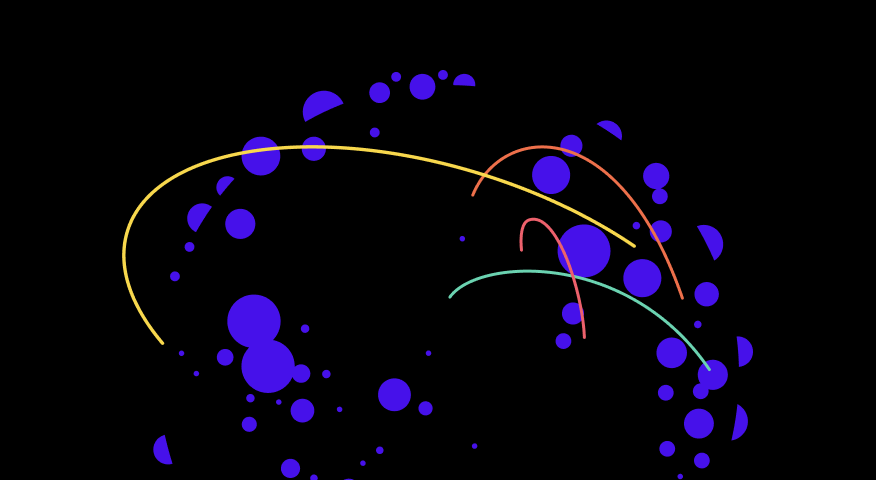Blockchain as a Vehicle for the Advancement of the Music Industry

Blockchain as the Operating System for Music
The music industry is on the cusp of a revolution, thanks in part to blockchain technology. While some may view this as an overstatement, it’s hard to deny the potential for change that blockchain brings.
At its core, the blockchain is a decentralized public ledger that maintains a coherent state without requiring central authority. This means that data cannot be manipulated on the back end, making it a transparent and trustworthy system.
Unlocking Music Royalties with Blockchain
The music industry has long struggled with the issue of fair royalties for artists. With no single, objective database to keep track of ownership and payments, artists are often left in the dark about their earnings.
Blockchain technology offers a potential solution by providing a neutral ground for data management. Smart contracts, which execute automatically without external intervention, can ensure that payments are made fairly and transparently.
For example, when a song is purchased on iTunes, smart contracts can distribute the revenue with predetermined percentages between the relevant parties (e.g., Apple, the record label, and the artist). This ensures that artists receive their fair share of royalties, without the need for intermediaries or manual calculations.
Multisignature Addresses: A New Level of Security
One innovative feature of blockchain technology is the multisignature address. This allows multiple parties to share ownership of a contract, ensuring that no single individual can modify it without consensus from all stakeholders.
In the context of music royalties, this means that even if band members have a falling out or go their separate ways, they can still trust that their royalty payments will be made fairly and securely.
A Decentralized Solution for Developing Markets
Developing markets often lack legacy databases, making it difficult to track ownership and payments. Blockchain technology could provide an open and transparent platform for these markets, allowing artists to upload information and start receiving micropayments.
In some African markets, mobile payments built on top of blockchain technology are already in use. This shows that blockchain can be a viable solution for developing markets with limited infrastructure.
The Future of Music Licensing
While the adoption of blockchain technology may take time, its potential benefits are undeniable. An open and transparent platform that can be used by anyone, anywhere in the world, would open up new opportunities for music licensing and compensation.
Ultimately, greater transparency and smart contracts represent a great new way for artists to be paid fairly.




Responses